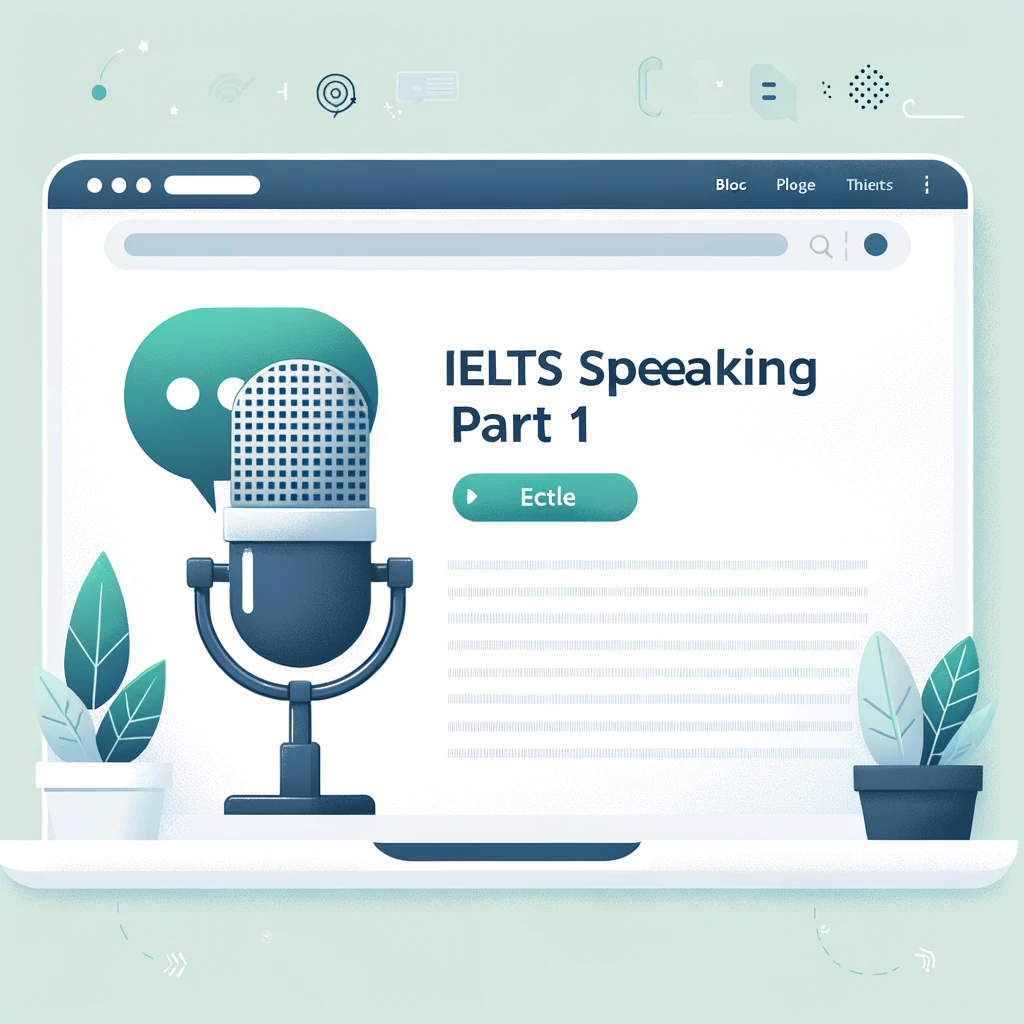1. What was your favorite subject in school? Why?
My favorite subject in school was English. I enjoyed it because it allowed me to explore literature, improve my writing skills, and express my creativity. The discussions in English class were always engaging and thought-provoking.
2. Who was your favorite teacher?
My favorite teacher was Mr. Smith, who taught history. He had a unique way of bringing historical events to life through storytelling and interactive lessons. His passion for the subject was infectious, and he inspired me to develop a keen interest in history.
3. How important do you think education is?
Education is incredibly important as it lays the foundation for personal and professional growth. It equips individuals with the knowledge and skills necessary to navigate the complexities of life and contributes to the overall development of society.
4. What improvements would you like to see in the education system?
I would like to see more emphasis on critical thinking and practical skills in the education system. Additionally, incorporating more technology and personalized learning approaches could make education more effective and engaging for students.
5. Do you think students today have more opportunities than previous generations?
Yes, students today have more opportunities due to advancements in technology, access to a wealth of information online, and global connectivity. These resources provide them with diverse learning experiences and the ability to pursue their interests more freely.
6. How do you think technology has changed education?
Technology has revolutionized education by providing access to online resources, enabling virtual classrooms, and facilitating interactive learning experiences. It has made education more accessible and flexible, allowing students to learn at their own pace.
7. Do you prefer traditional classroom learning or online learning? Why?
I prefer a blend of both traditional classroom learning and online learning. Traditional classrooms offer face-to-face interactions and a structured environment, while online learning provides flexibility and access to a vast array of resources.
8. What was the most challenging subject for you in school?
The most challenging subject for me was mathematics. While I appreciated its logical structure, I often found the complex concepts and problem-solving aspects difficult to grasp. However, with persistence and practice, I was able to improve.
9. How do you think education can be made more interesting for students?
Education can be made more interesting by incorporating interactive and hands-on activities, integrating technology, and relating lessons to real-life situations. Encouraging creativity and critical thinking can also make learning more engaging.
10. Do you think everyone should have access to higher education?
Yes, I believe everyone should have access to higher education. It provides individuals with better career opportunities, promotes social mobility, and contributes to the overall progress of society. Making higher education accessible to all can help bridge socioeconomic gaps.
